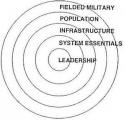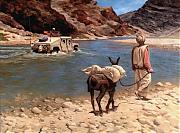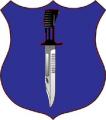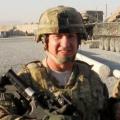In early 2006, the Office of the Secretary of Defense (OSD) asked RAND’s National Defense Research Institute to conduct a comprehensive study of insurgency and counterinsurgency (COIN), with a view toward how the United States should improve its capabilities for such conflicts in the 21st century. This is the capstone report of that study, drawing from a dozen RAND research papers on specific cases, issues, and aspects of insurgency and COIN. The study included an examination of 89 insurgencies since World War II to learn why and how insurgencies begin, grow, and are resolved. It also analyzed the current challenge of what is becoming known as global insurgency, exemplified by the global jihadist movement, as well as lessons about both insurgency and COIN from a number of cases, including Iraq and Afghanistan.
The conflicts in Iraq and Afghanistan provide the current policy context for this study. To be clear, however, the study is concerned with deficiencies in U.S. capabilities revealed in those conflicts, not with how to end them satisfactorily. Most new investments to improve U.S. COIN capabilities would not yield capabilities of immediate use. That said, to the extent that the findings can help the United States tackle the problems it faces in Iraq and Afghanistan, this would be a bonus. Regardless of how Iraq and Afghanistan turn out in the short term, the United States and its international partners will not have seen the last of this sort of challenge, and they must become better prepared than they have been for today’s insurgencies.....



 Reply With Quote
Reply With Quote









 "Its easy, boys. All we have to do is follow my simple yet ingenius plan..."
"Its easy, boys. All we have to do is follow my simple yet ingenius plan..."


Bookmarks